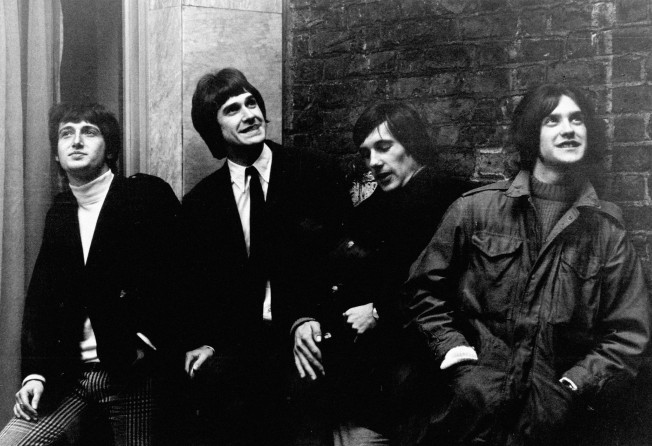Rewind: The Kinks - Arthur (Or the Decline and Fall of the British Empire)

Arthur (Or the Decline and Fall of the British Empire) The Kinks Pye/Reprise
ALBUM (1969) The Kinks Arthur (Or the Decline and Fall of the British Empire) Pye/Reprise
If you believe the myth, London in the 1960s was swinging: Britain's music ruled the waves; its fashion designers were the hottest property on the world's catwalks; and culturally, its capital was the centre of the universe.
Everybody was having a great time - except those who couldn't afford to hang out at the hip Soho clubs, buy the overpriced shirts on Carnaby Street, or weren't beautiful enough to get on Yoko Ono's gallery guest list.
As the decade drew to a close, it was down to one band to show what life was like for the millions of Britons who were not a Beatle, Stone or Quant. The Kinks had been picking at the scab of the deprived working-class underbelly for a few years when they released their magnum opus Arthur (Or the Decline and Fall of the British Empire) in 1969. Their previous album, The Kinks Are the Village Green Preservation Society, had seen the North London four-piece led by Ray Davies cement their transformation from pop-hit factory that had knocked out such classics as You Really Got Me and Waterloo Sunset to chroniclers of the age.
While Village Green lamented the crushing of green and pleasant Britain beneath the hi-tech gauntlet of prime minister Harold Wilson's "white heat" of reform, Arthur dwelt on the less-than-swinging reality of the everyday British family. Over 12 tracks that ranged from heavy rock to music hall sing-along, Davies encapsulated the drudgery of suburban living for the emerging lower-middle class.
Arthur is loosely based on the Davies family's attempts to break away from its working-class shackles. Opening optimistically with the hit Victoria and its boast of being born "in a place that I love", it quickly falls to earth with a series of precisely targeted vignettes detailing the lot of the common man.
From the sense of abandon among the soldiers who returned from war two decades before to find they had no place on the modern treadmill ( Some Mother's Son) to the passing of youth ( Young and Innocent Days) and the dream of escape to a new and better life ( Australia), Arthur summed up the frustrations of a population still suffering the deprivations of war at a time when the rich and beautiful were being elevated to the level of gods in a society succumbing to the allure of consumerism.
In Arthur's boldest moment, the epic Shangri-La drives a wooden stake into the heart of the myth that all was rosy in Britain's '60s garden. As a parable that concludes misery is the only outcome of the pursuit of happiness through consumption, it is one that is still apposite today.
Arthur's aims were lofty, but thanks to Davies' pointed lyrics and gift for a poignant melody, they were admirably achieved. However, its failure to connect with a wider public sent The Kinks into a tailspin from which they never really recovered, ending - for this writer - the most challenging, thrilling, literate and rewarding run of pop music by any British band.
Charlie Carter